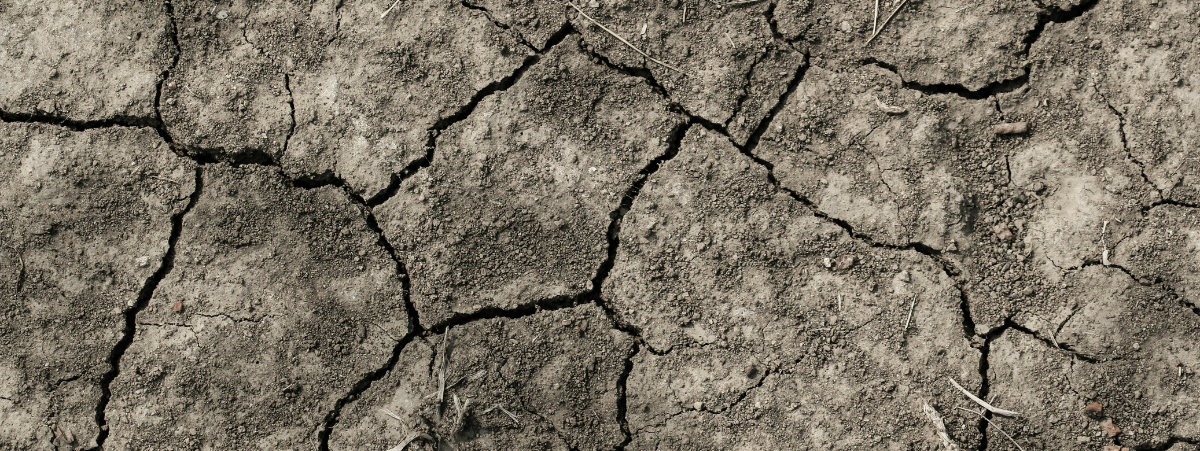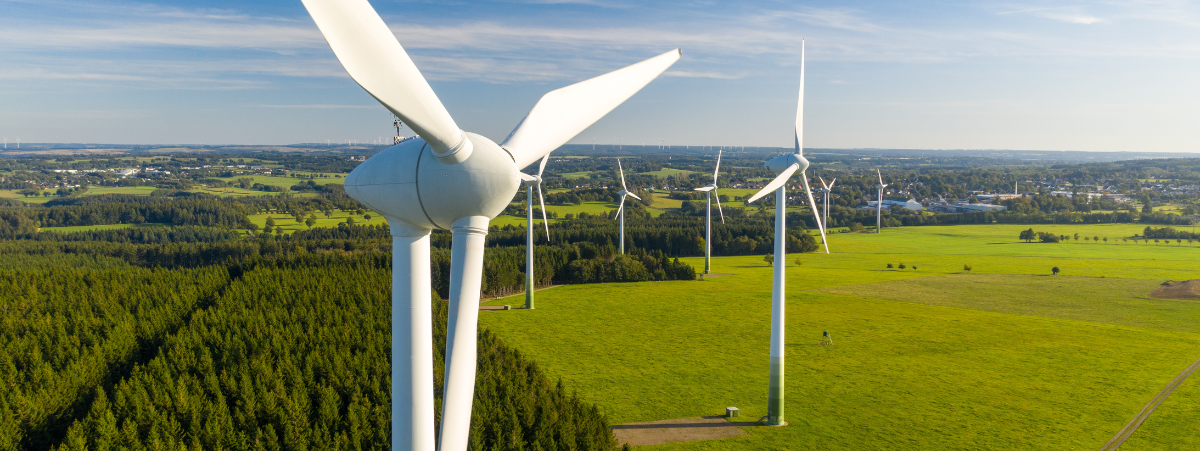Located in the Peruvian Amazon, the Yacumama Forest Carbon Project is a 3,200 hectare land preservation project aiming to protect the area’s tropical rainforest and its rich biodiversity. It is a perfect example of the direct positive impact climate finance can have on local ecosystem resilience.
The project is estimated to prevent the emission of an average of 72,982 tonnes of CO2 into the atmosphere every year.
On top of the tremendous carbon sequestration potential, the preservation of the Yacumama forest also protects a number of threatened Amazonian species such as the jaguar, the tapir, the sloth, the harpy eagle and the elusive pink dolphin that roams the waters of the Yarapa River as it makes its way to the Amazon. It also provides habitat and nourishment to the seven species of primates that live in the area, a number second only to Uganda, which is home to eight species. And let’s not forget the incredible bird biodiversity of the forest, from hummingbirds to eagles, parrots and macaws.
The land on which the project stands is privately owned as a lodge, research, education, and conservation area. The project began in 1992 as an ecotourism destination offering visits and educational workshops to finance its operations. In 2012, it changed its business model and started offering carbon credits to get funding, and today its owners rely heavily on climate financing to maintain their activities. Without it, they may be forced to sell the land to profit-seeking enterprises that would likely harvest the trees to sell them as timber or biomass, and set up agricultural operations in the area.
Yacumama means ‘Mother of the Waters’ in Quechua, and this project is very focused on the region’s water ecosystems. Two of the Sustainable Development Goals it contributes to are water-related: SDG 6 (clean water and sanitation) and SDG 14 (life below water). Yacumama also contributes directly to SDGs 3 (health and wellbeing), 13 (climate action) and 15 (life on land). Moreover, Yacumama is also committed to the preservation of indigenous traditions.
Register on the ClimateTrade marketplace to find out more and support the project.







